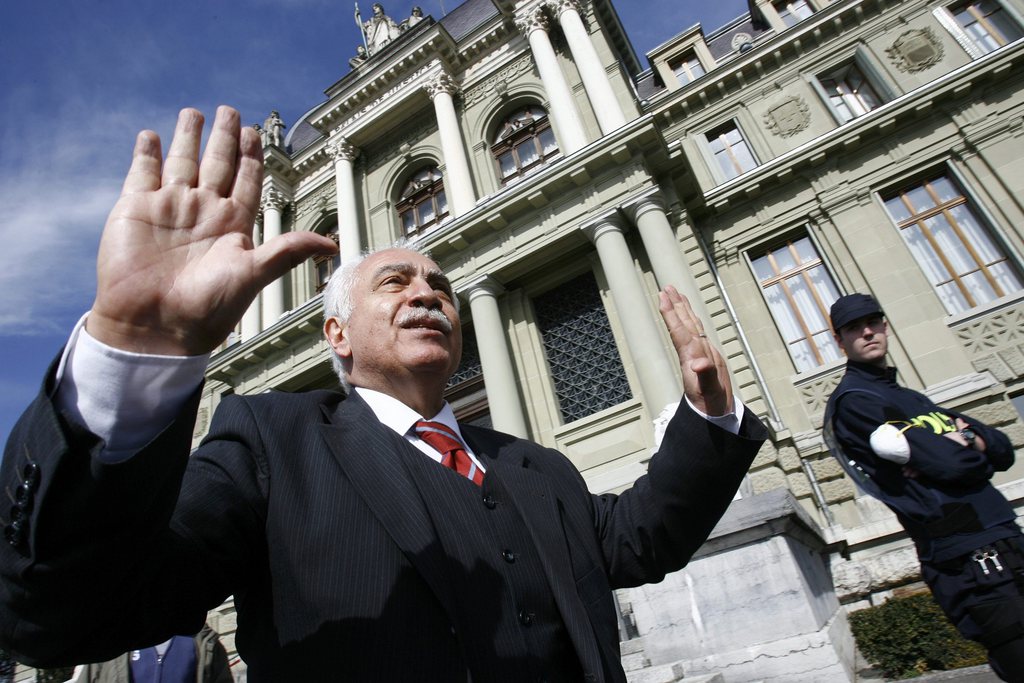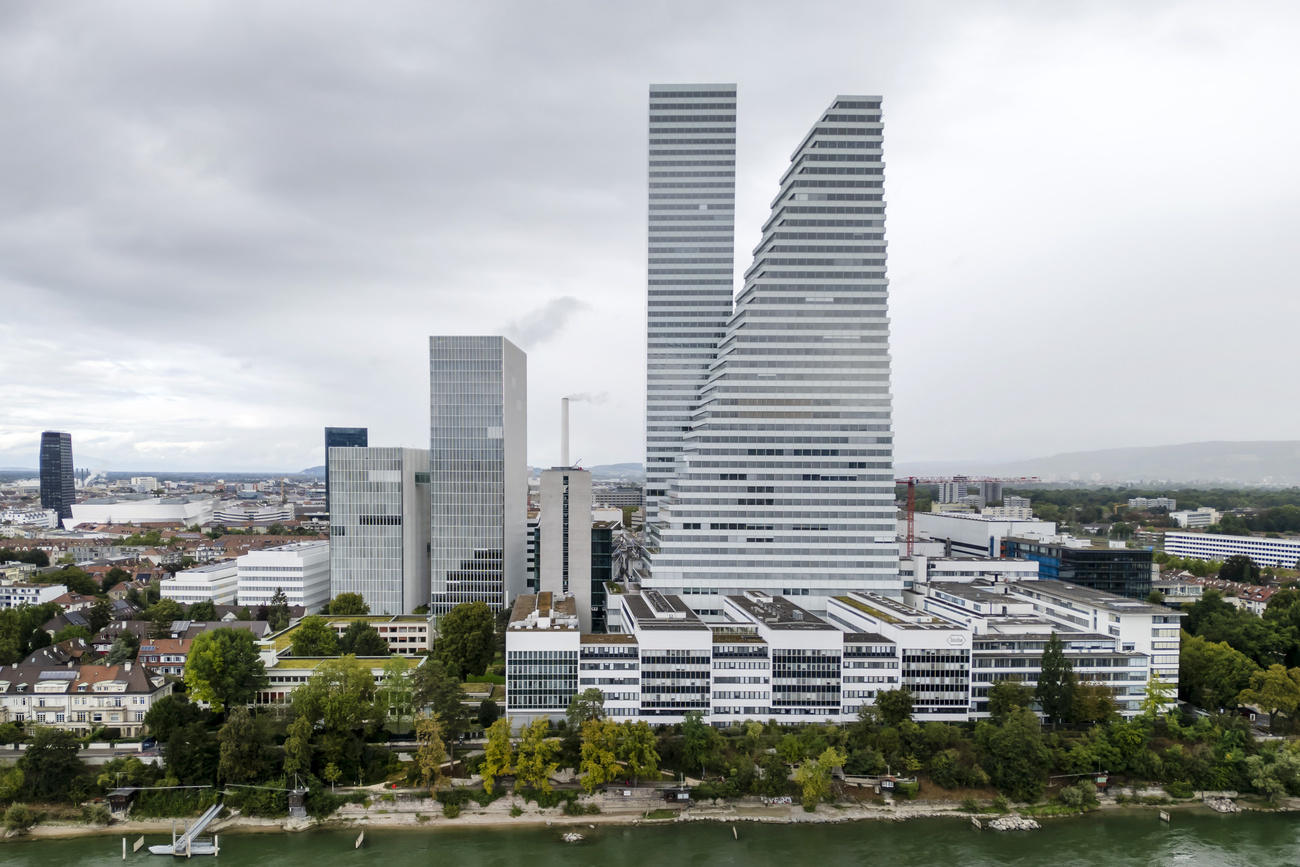
Turkish anger as Swiss appeal Perinçek decision

Switzerland’s decision to head back to the courts over the case of the Turkish nationalist Doğu Perinçek, has attracted public criticism from Turkey. Switzerland fined Perinçek in 2007, after he denied the 1915 Armenian genocide in a speech in Lausanne.
The case eventually ended up at the European Court of Human Rights in 2013; where it was ruled that Switzerland had violated the ex-head of the left-wing Turkish Workers’ Party’s right to free speech.
The Swiss Justice ministry said on Tuesday it was appealing the decision and will refer it to the Grand Chamber of the Court of Human Rights.
In response, the Turkish Foreign ministry said in a statement that they expect the appeal to fail and the judgment in favour of freedom of expression to be upheld. They added, that they “believe that the efforts to politicise the law will be aborted once again”.
Opposing views
In his 2005 speech, Perinçek called the genocide an “international lie”. The Armenians however, say Ottoman Turks slaughtered up to 1.8 million Armenians in a planned genocide between 1915 and 1918. Turkey denies the mass killings were genocide, saying the death toll is inflated.
Switzerland has anti-racism laws in place that legislate against any denying, belittling or justifying of genocide. In 2007 it was decided at the Federal Court that the facts of the 1915 Armenian Genocide were widely accepted as common knowledge and that denial of these facts was driven by racist motives.
The overturning of this verdict by the Court of Human Rights brought a difference in opinion over anti-racism laws into the spotlight, with some arguing the implementation had gone too far, while others argued a decision by a foreign judge had upset laws voted on by the Swiss people.

In compliance with the JTI standards
More: SWI swissinfo.ch certified by the Journalism Trust Initiative



























You can find an overview of ongoing debates with our journalists here . Please join us!
If you want to start a conversation about a topic raised in this article or want to report factual errors, email us at english@swissinfo.ch.